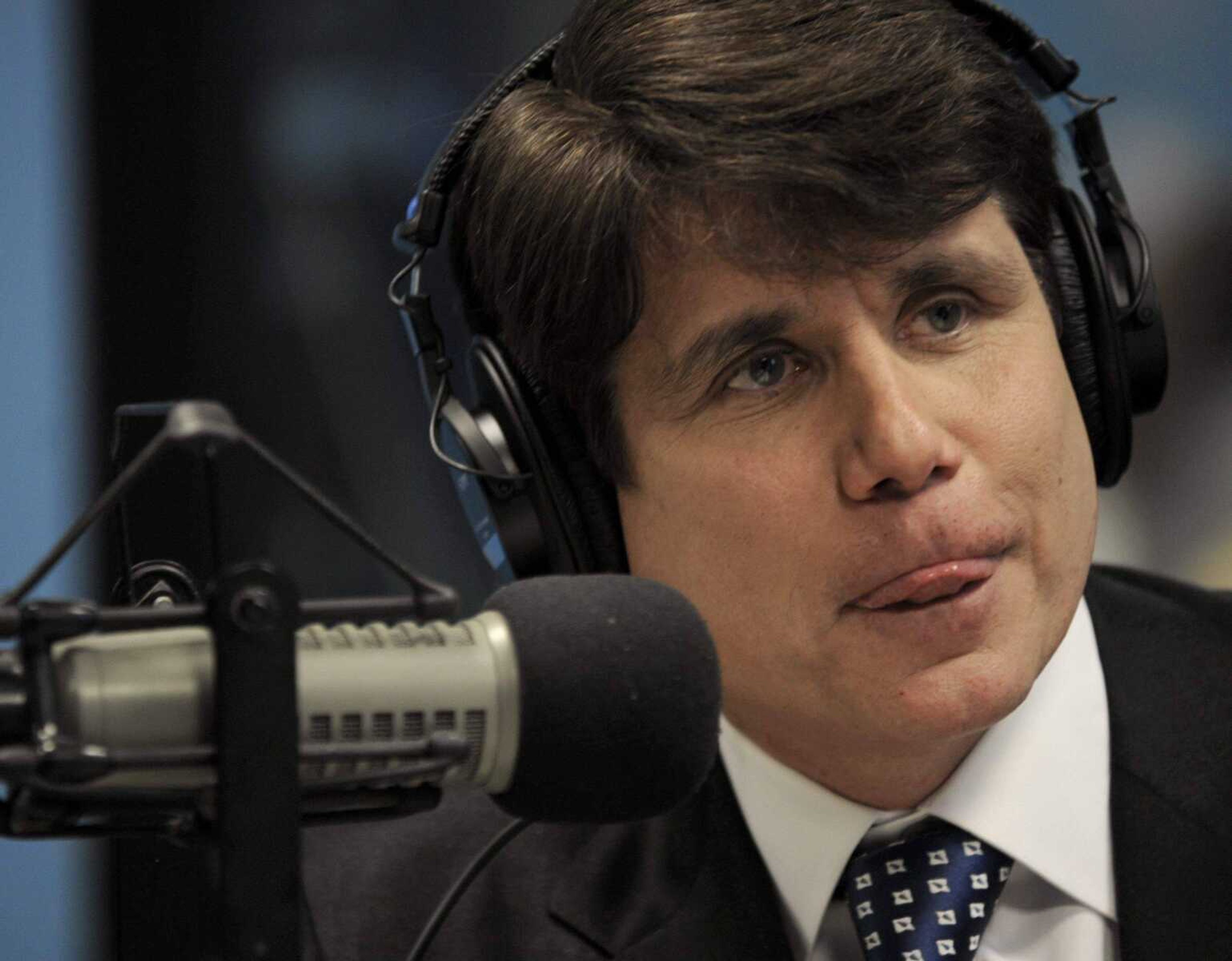SPRINGFIELD, Ill. -- If there's such a thing as a "normal" impeachment trial, the one that starts today in Illinois doesn't qualify.
The defendant, Gov. Rod Blagojevich, won't participate. He'll be talking to Whoopi Goldberg and Larry King instead of facing the state Senate.
The Democratic governor acknowledges his conviction is certain but refuses to resign.
He complains that the trial rules are unfair, but he and his attorneys didn't try to influence the rules as they were being written or overturn them afterward.
After weeks of near-silence, Blagojevich has begun an energetic public relations campaign, comparing himself to the hero of a Frank Capra movie and a cowboy being lynched for a crime he didn't commit. He said that when he was arrested on federal corruption charges, he took solace from other leaders who have been jailed.
"I thought about Mandela, Dr. King, Gandhi" and that helped him gain perspective, he said in an interview that aired Sunday on "Today."
The full interview will air today, the same day the impeachment trial starts and Blagojevich is scheduled to appear on "Good Morning, America," "The View" and "Larry King Live."
Legal experts see little benefit to Blagojevich from boycotting the trial while refusing to resign. The decision means he'll still be leaving office soon, but only after proceedings guaranteed to put him in a bad light.
Senators, and thus the public, will hear details of the criminal charges against Blagojevich. They're likely to hear recordings that allegedly reveal the governor talking about signing legislation in exchange for campaign contributions. And in addition to simply removing Blagojevich, the Senate could vote to bar him from ever again holding public office in Illinois.
Resignation might even help Blagojevich with jurors in any future criminal trial, said one expert.
"If I were his lawyer, I would say, 'Why don't you make yourself a little less offensive to people? Why not make yourself a little more sympathetic?"' said Leonard Cavise, a law professor at DePaul University.
Yet Blagojevich says that's not an option.
"I'm not going to resign, of course not," he said. "I've done absolutely nothing wrong."
The governor's decision to cling to office also surprises Dean Pagani, former chief of staff to Connecticut Gov. John Rowland, who resigned in 2004 rather than be impeached.
The stain of being convicted and removed from office would be far greater for Blagojevich than the stain of resigning, Pagani said. A resignation would allow Blagojevich to claim he stepped aside for the good of the state, not because he was judged unfit to hold office.
"It's unfortunate for the state," Pagani said. "Whether you like it or not, when a governor is in this kind of situation everything grinds to a halt. There's only one issue the capitol building can deal with, and that's impeachment."
Whatever the Senate decides, the criminal case against Blagojevich, 52, won't be affected.
With Blagojevich refusing to mount a defense, the impeachment trial could wrap up within days, ending a bizarre political and legal spectacle that began Dec. 9 with Blagojevich's arrest by FBI agents.
He was accused of scheming to benefit from his power to name President Barack Obama's replacement in the U.S. Senate. Federal prosecutors also said their wiretaps caught Blagojevich threatening to withhold money for children's health care unless he got campaign donations from a hospital executive and offering to trade state aid to the Tribune Co. in exchange for the Chicago Tribune firing unfriendly editorial writers.
That was the final straw for lawmakers, who had spent years butting heads with Blagojevich. The House quickly began proceedings that ended with a 114-1 vote for impeaching the governor. That sent the case to the Senate, where it would take a two-thirds majority to convict Blagojevich and throw him out of office.
Lt. Gov. Patrick Quinn would replace him, becoming Illinois' 41st governor.
Connect with the Southeast Missourian Newsroom:
For corrections to this story or other insights for the editor, click here. To submit a letter to the editor, click here. To learn about the Southeast Missourian’s AI Policy, click here.







